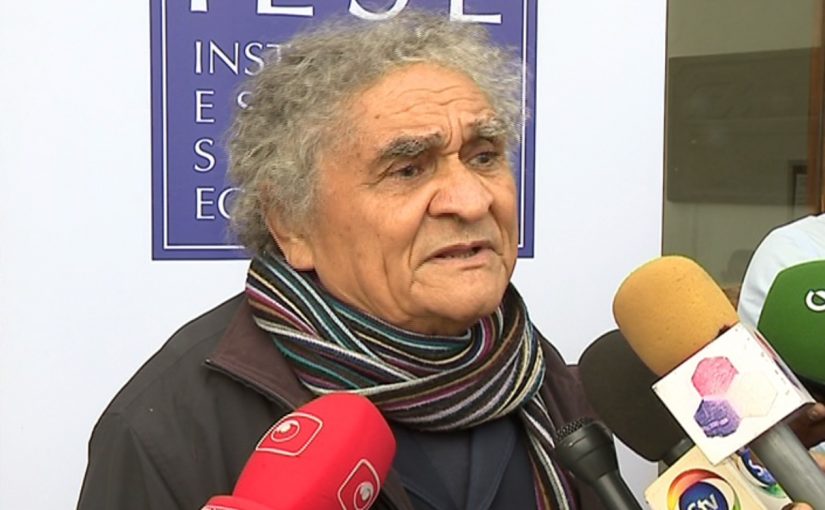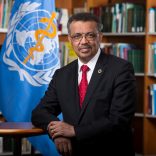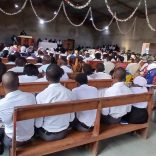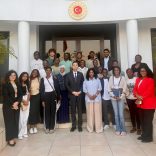WFP Mozambique: Emergency Response External Situation Report (18 August 2025)
Mozambique: “If we want to criticise let’s criticise, but it’s good that Pope Francisco is coming” – Father Couto

Picture: TVM
On one side, Father Jose Luzia of Nampula argues that the visit of Pope Francis to Mozambique will only benefit Frelimo in the election campaign. On the other side is Father Filipe Couto, who thinks that the Pope’s visit is good, regardless of the timing.
With 12 days to go before Pope Francis arrives in Mozambique, there still seems to be disagreement within the Catholic church itself as to whether or not the visit takes into account that this is an election year in Mozambique.
Father Jose Luzia of Nampula thinks not. And to support his position, Luzia begins by noting that there is no record of a Pope ever visiting a country in an election year, “let alone in the middle of an election campaign”, as will happen in Mozambique.
To Luzia’s mind, every “sensible” person will agree that “the great beneficiary of a papal visit in such a circumstance is the ruling party”, in this case Frelimo. Luzia says that this visit, for him “untimely”, was organised by the community of Sant’Egídio, which thereby proves itself “more powerful than the priests of the Catholic Church in Mozambique.”
“I am sure our local bishops would never advise a visit at this time. Maybe they would say to the Pope: please come in December, after the elections,” Luzia says, finishing with a question: “Is there anyone with common sense who doesn’t agree with this?”
But Father Filipe Couto is totally against his counterpart’s position. “Interpret it as you please,” he says, “he has to come during or after the elections. The important thing is [for the Pope] to come and when that happens, something good will happen, it will happen. Now me or others, if we want to criticise let us criticise, but it’s good that Pope Francisco is coming.”
The position that the Pope’s visit will not benefit any particular political force was also taken by Saíde Habibe, who asks that no-one make such a claim. After all, “the Pope is not coming to see only one group, but to see all Mozambicans, and that should be seen as something that goes beyond the boundaries of the church.”
These contrasting positions were presented yesterday during a debate organised by the Institute of Social and Economic Studies and aimed at discussing ‘The Church, Today and in the Past’, from the colonial period to date.
At present, one stand-out observation is the proliferation of churches in Mozambique. Participants addressed the position of the classical churches in face of so many churches promise ‘the moon and the stars’ to potential believers.
“I think the Catholic church and other serious members of the Christian Council cannot worry about losing militants. That is God’s business,” says Father Luzia. And he is supported by Filipe Couto, who says the Catholic Church will always be relevant, namely because of its activities in the education sector.
By Afonso Chavo













Leave a Reply
Be the First to Comment!
You must be logged in to post a comment.
You must be logged in to post a comment.